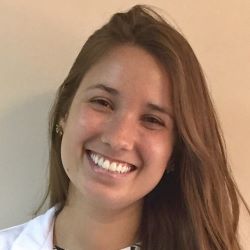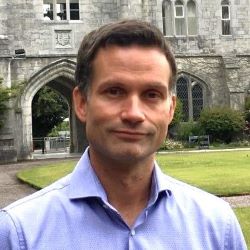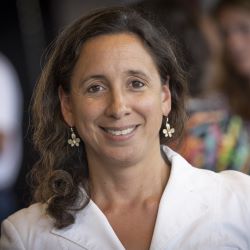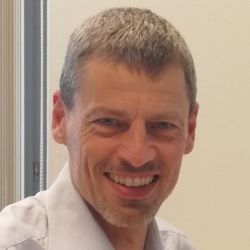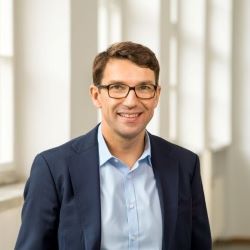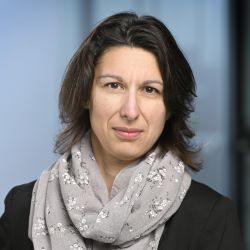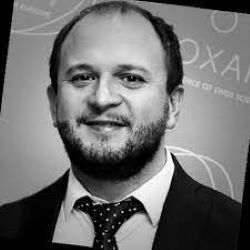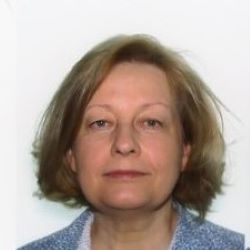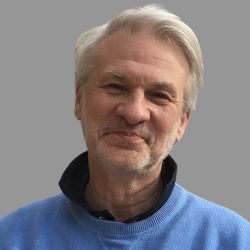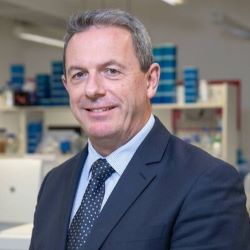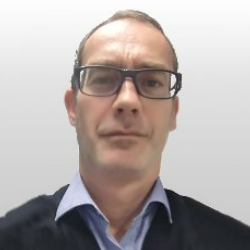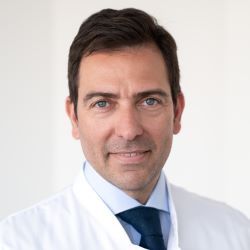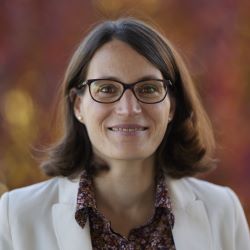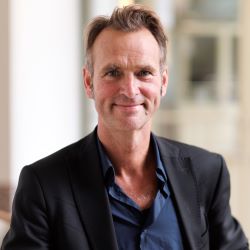Final conference: speakers
This page collect the information about the speakers invited to the Human Microbiome Action final conference “Navigating Policies, Safeguarding Public Health, and Charting Future Frontiers” (Brussels and online, 29th February 2024). Click here for more information regarding the event.
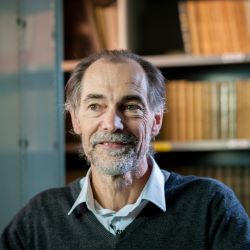
Carolina Alves Costa Silva is a physician-scientist in the medical-scientific program ClinicObiome (scientific and clinical directors, Pr. Zitvogel and Dr Derosa) and ONCOBIOME project. She is currently investigating microbiota-based biomarkers and therapeutics based on fecal metagenomics and circulating metabolomics hallmarks. She aims to leverage the gut microbiota to improve patient care.
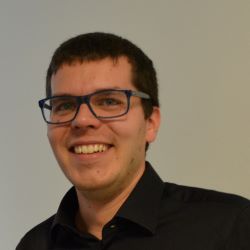
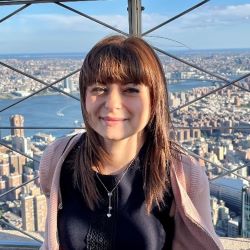
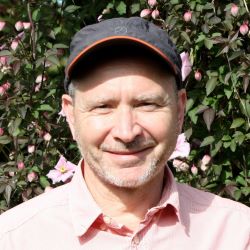
Marcus Claesson is associate professor in bioinformatics researching the role of the microbiome in inflammatory bowel diseases. Chair of the recently completed EU COST Action ML4Microbiome, aiming to optimise and standardise the use of machine learning in human microbiome science.
Minneke Coenraad is professor of Hepatology, board-certified Gastroenterologist-Hepatologist at the Leiden University Medical Center since 2007 and holds a position as a visiting professor at the Department of Gastroenterology-Hepatology at KU Leuven (Belgium). Her main research interests include the pathophysiology and personalized treatment of complications of cirrhosis, such as acutely decompensated cirrhosis/ acute-on-chronic liver failure and hepatocellular carcinoma.
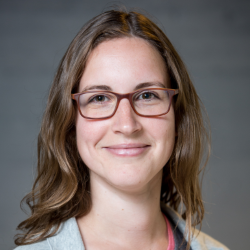
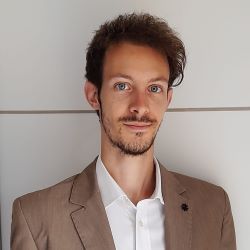
Dirk Hadrich studied biomedical science and holds a PhD in tumour diagnostics. He is working at the European Commission in Brussels since 2001. First dealing with legislation on health and safety risks, then with employment, social and health policies and since 2011 he is developing funding programmes and policies for health research in particular cancer and mental health. Prior to joining the European Commission, he worked as German Government official on occupational health and safety.
Dirk Haller is internationally recognized for his translational biomedical research on the functional role of the microbiome on gut health and the risk to develop inflammatory diseases. With more than 230 publication Prof. Haller and his team pioneered the question how the interplay between nutrition and microbes orchestrates intestinal homeostasis and disease susceptibility by exploring novel germ-free mouse models and clinical interventions.

Tanja Kostic is a Senior Research Engineer & Thematic Coordinator at the AIT Austrian Institute of Technology GmbH. She studied microbiology at the University of Graz (Austria) and then obtained PhD in Food chemistry and biotechnology at The University of Natural Resources and Life Sciences (Vienna, Austria). Her current research focus are food systems microbiomes. She was/is involved in numerous EU projects in the field (e.g. MASTER, DOMINO, FoodSafeR, MicrobiomeSupport) and have extensive experience in research collaboration with industry. According to Scropus, she currently have 39 scientific publications listed and h-index of 15.
Kevin Legent, PhD in genetics, with post-docs, conducted research and authored 13 publications. Transitioned to Medico-Marketing and later became a scientific manager at KPL-Paris, developing medical communication projects in various therapeutic areas.
Emanuelle Maguin is research director at INRAE. She is a microbiologist with a passion for microbiomes and their role in food systems and human health. Maguin coordinates a French program on food systems, microbiomes and health of ≈ 60 millions Euro which will be part and support the European Microbiome Centers Consortium.
Philippe Marteau has just retired from his position of professor of gastroenterology at the Sorbonne Université Assistance Publique des Hôpitaux de Paris. He is past president of the Société Nationale Française de Gastroentérologie.
Paul Ross is the Director of APC Microbiome Ireland since 2019 and Professor of Microbiology at University College Cork. He is a Principal Investigator at the Centre in the APC’s Microbes to Molecules Research Theme. His main areas of research are in antimicrobials and anti-infectives (applied and fundamental aspects), gut microbes and gut health, bacteriophage and human, animal and gut pathogens. He has won many awards along with being awarded a D.Sc. in 2009, a Fellow of the Academy of Microbiology and elected a member of the Royal Irish Academy (RIA), all in recognition of research achievement. He is also a recent recipient of an Advanced grant from the European research Council (ERC) and was named as the Science Foundation Ireland Researcher of the Year for 2023.
Stefaan van der Spiegel is trained as medical doctor and in business administration, in the past has been consultant at McKinsey advising diverse actors in healthcare and biotech, then he led Commission initiatives on market access, pricing and reimbursement of pharmaceuticals and now he coordinates EU policy and legislation on substances of human origin.
Jonel Trebicka is a gastroenterologist focused on the gut-liver-axis and complications of liver cirrhosis, defining the design of trials necessary.
Pascale Vonaesch is an Assistant Professor at the University of Lausanne and a Principal Investigator within the NCCR Microbiomes. Her lab focuses on fundamental and translational/clinical research on the human intestinal ecosystem and the contribution of the microbiota to health and disease. In her research, she is especially interested in the role of the intestinal microbiome in childhood malnutrition and in the development of microbiota-targeted interventions.
As a philosopher of science, or rather: in science, Hub Zwart participates in multiple interdisciplinary life sciences projects to study the philosophical and societal issues emerging in cutting-edge research. He recently published Continental Philosophy of Technoscience (Springer Nature).
